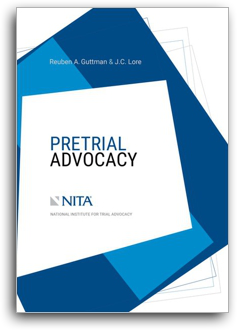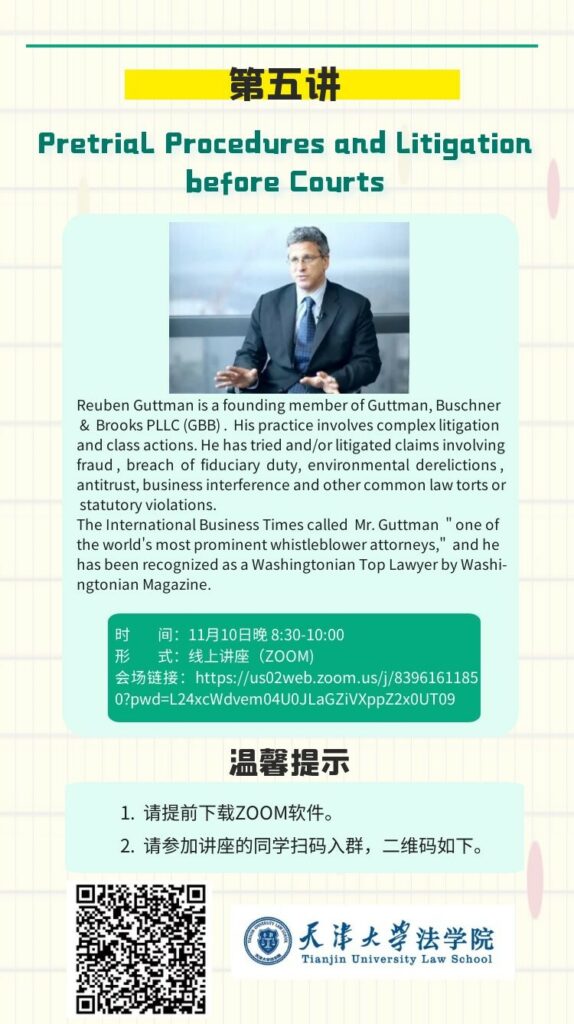By Liza Vertinsky* & Reuben Guttman**
Public health litigation can be a powerful mechanism for addressing public health harms where alternative interventions have failed. It can draw public attention to corporate misconduct and create a public record of the actions taken and the harms done. In an ideal world, it could achieve compensation for past harms and incentivize deterrence of future misconduct. But the full public health potential of these lawsuits is rarely achieved, even when the suits are brought on behalf of federal, state, and local governments with the ostensible goal of protecting the health of the citizens. The increasing involvement of private attorneys in public litigation only adds to the challenges of using litigation to achieve public health goals.
While there are continuing debates over the desirability of litigation
partnerships between state attorneys general (AGs) and private counsel,
as a practical matter, the involvement of private law firms in public
litigation is unlikely to disappear any time soon. This Article fills a critical
gap in the literature on the privatization of public litigation by showing
why, despite their shortcomings, arrangements between state and private
lawyers have the potential to satisfy public health goals that might
otherwise remain out of reach. It provides a theory of legal research and
development to show why these arrangements are not only likely to persist
but are also most likely to occur in high-impact public health litigation.
This Article then examines how the incentives of both state AGs and
private law firms influence choices along the litigation pathway in ways
that may undermine the potential to achieve public health value. It
concludes by proposing a novel impact-based approach to public-private
litigation, providing a decision-making framework that AGs can adopt to
increase the role of public health objectives in the litigation process.
Download the full paper here. (PDF, 1 MB.)
____________________
*© 2021 Liza Vertinsky. Associate Professor, Emory Law School.
** © 2021 Reuben Guttman. Founding member of Guttman, Buschner & Brooks PLLC. This Article draws in part from Mr. Guttman’s decades of experience representing numerous whistleblowers under False Claims Acts in various states, working in partnership with state attorneys general.


